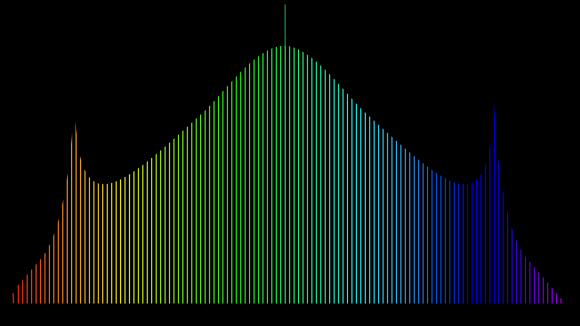Dmitry V. Skryabin is a professor of Physics at the University of Bath in England. He is a recipient of the Maxwell Medal and Prize from the Institute of Physics (IOP, London) for his work on the theory of supercontinuum generation in photonic crystal fibres. He is currently coordinating the EU Horizon-2020 MSCA Innovative Training Network - Applications and Fundamentals of Microresonator Frequency Combs. Areas of research interest of Prof Skryabin span across optical solitons, integrated photonics, microresonators, topological photonics, fiber optics and the wider context of light-matter interaction. Prof. Skryabin is a fellow of Optica and the IOP, and is serving as a chair of the Quantum Electronics and Photonics committee at IOP.
Frank Vollmer obtained his PhD in `Physics & Biology' from the Rockefeller University in NYC, USA, in 2004. He was Rowland Fellow at Harvard University from 2004 to 2009, Scholar-in-Residence at the Wyss Institute at Harvard, Group Leader (untenured Associate Professor) at the Max Planck Institute for the Science of Light in Germany, and Instructor in Medicine at Brigham and Women’s Hospital/Harvard Medical School where he directed a satellite laboratory. Since 2016 he is Professor in Biophysics, Molecular and Quantum Sensors & Systems at the School of Physics, University of Exeter, UK. His research centres on biosensing with optical microcavities/whispering-gallery modes.
Yoshitomo Okawachi received his B.S. degree in Engineering Physics in 2002 and his Ph.D. in Applied Physics in 2008, both from Cornell University. He is currently a Research Scientist in the Department of Applied Physics and Applied Mathematics at Columbia University. His research areas include optical frequency comb generation in silicon-based waveguides and microresonators, coherent computing based on degenerate optical parametric oscillators, slow light, and all-optical signal processing. Dr. Okawachi is the recipient of the 2017 Tingye Li Innovation Prize. He has published over 80 peer-reviewed journal papers and is a co-inventor on 3 patents. He is an Optica fellow and served as the 2017 Optica Ambassador.
Victor Torres Company is Professor at the Department of Microtechnology and Nanoscience (MC2). He obtained the PhD from the University of Valencia, Spain in 2008. Before joining Chalmers in 2012 he was a Postdoctoral Fellow at the Photonics Systems group in McGill University, Canada, and later a Marie Curie Research Fellow at Purdue University, USA. Victor’s expertise is on laser frequency comb science and technology, nonlinear integrated optics and fiber-optic communications. He leads the research group Ultrafast Photonics. Prof. Torres-Company has co-authored more than 80 papers in leading optics journals. He has been awarded twice a Marie Curie Fellowship, was the recipient of a Young Research grant from the Swedish Research Council (VR) in 2013, a European Research Council Consolidator Grant in 2017 and a Consolidator grant from VR in 2020. For his PhD work, he won the Best Thesis award. At Chalmers he is the responsible for the courses Photonic Integration and Advanced Measuring Techniques.

